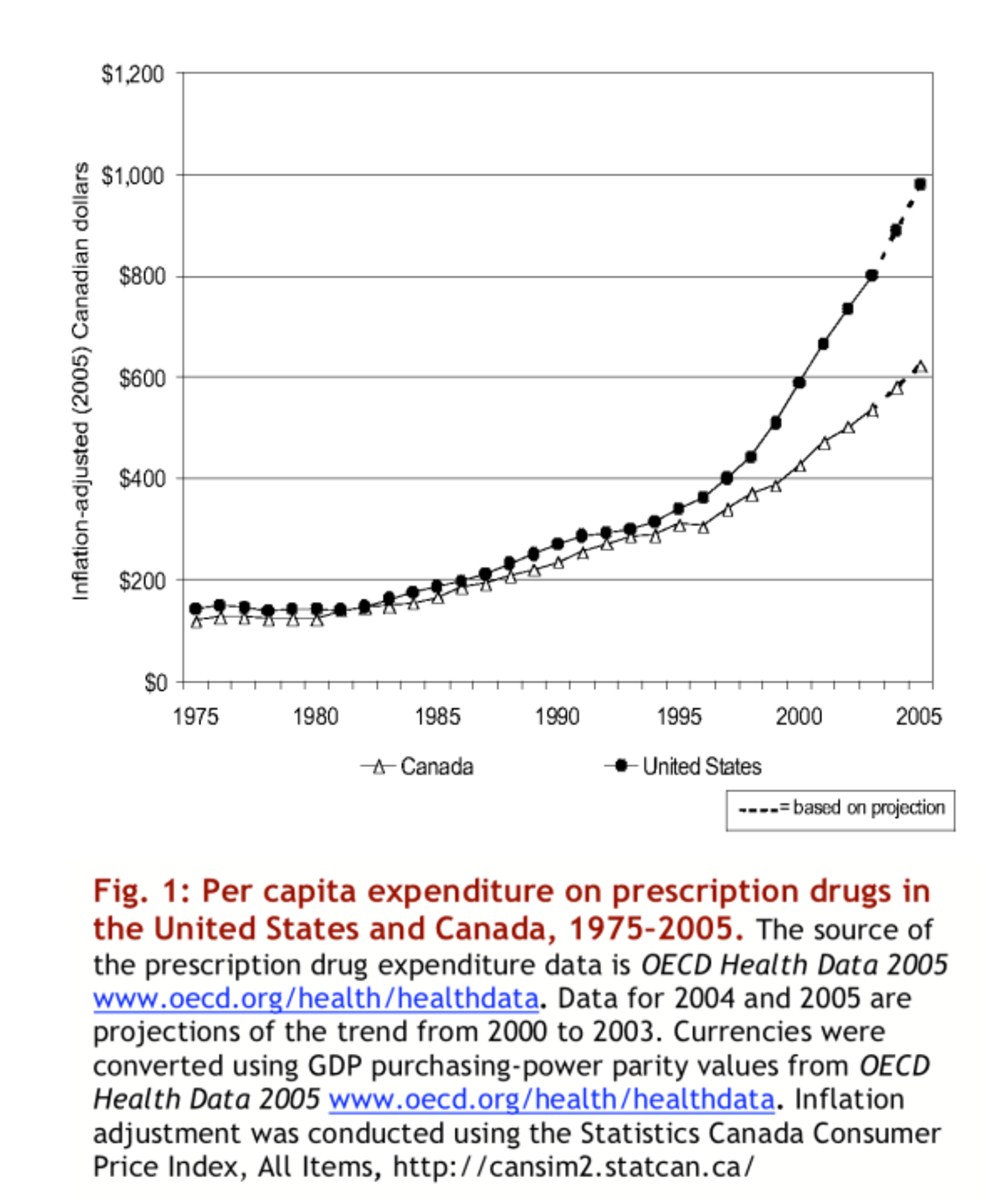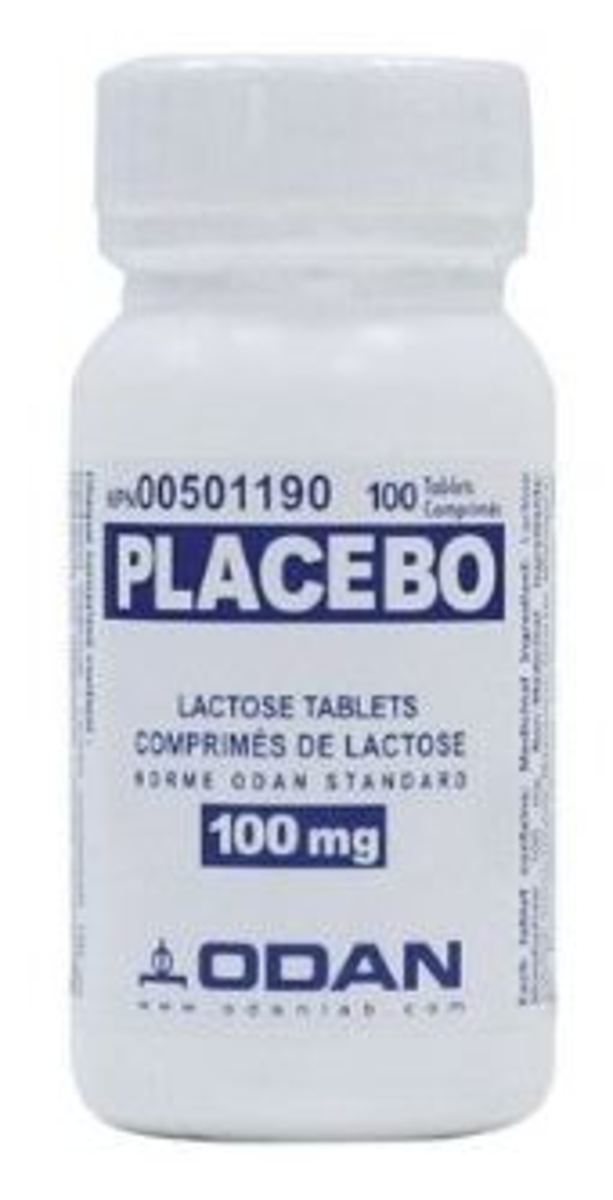Off-Label Use of Prescription Drugs
What Does "Off Label Drug" Mean?
Off Label Drug Use and You
Health care consumers of today are generally more active participants in there health care than generations of the past, but many of us still hold a trust in our health care providers to recommend and prescribe medications and treatments for us that are safe and effective.
When the doctor prescribes Pill A for Condition B, we assume the medication being used is for our current condition. Many times, this assumption could be incorrect. Off label prescription use of drugs is a rising trend for a number of reasons.
This doesn't mean that the medication is necessarily unsafe or will be ineffective in treating your condition; what it does mean is that the medication is being used to treat something other than for which it has been scientifically proven--and approved by the U.S. Food and Drug Administration (FDA) for use.
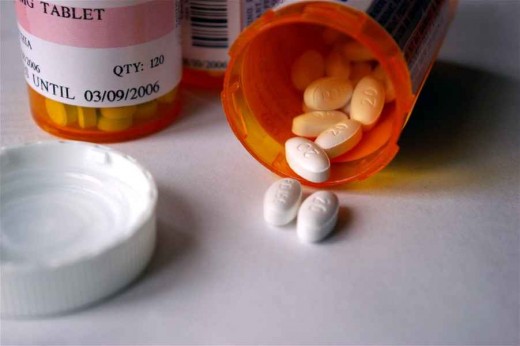
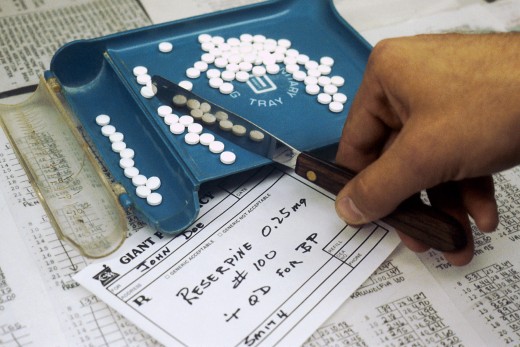
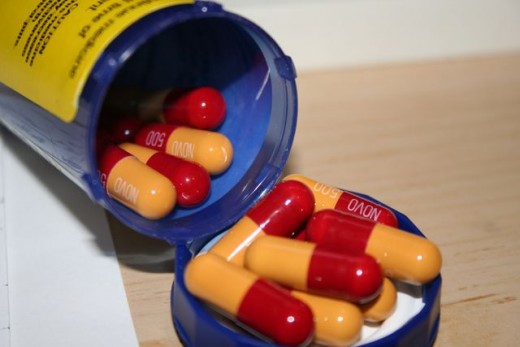
Understanding Prescription Label Use
Before a drug can be approved by the FDA for any use, it must go through stringent scientific testing. There are three phases each medication must go through to prove its use for a condition or conditions and also its safety in doing so. If that drug receives approval, the proper label use is for the indications for which it was approved.
For instance, suppose a medication was originally approved to be useful for the breathing difficulties of asthma. That medication's indications, and label use, would be only for those conditions.
More research might show that this medication is also useful for treatment of congestive heart failure. On the basis of that research, some health care practitioners may prescribe the medication for congestive heart failure. The medication would then be used off-label.
Why might this concern you? After all, if research has demonstrated that the drug may well treat congestive heart failure, you're safe, aren't you? The truth is, you may be and you may not be.
If the research met the criteria to be listed as a further indication for the medication, meaning it would be label use, yes you could understand with some certainty both the medication's uses and potential side effects. Until the research has met the FDA's specifications required for label use of a drug, its use for anything other than for asthma will be off-label use.

Benefits of Off-Label Drug Use
Off-label drug use is not always a negative; often times the off-label use of drugs for treatment of conditions is to the benefit of the person taking it. The research and approval process for a medication's approval for conditions is a long and costly one for the pharmaceutical companies.
It may take years before the process results in new label use for a medication. In the mean time, you may have had to live without the benefit of this medication for your condition.
An example of this would be the use of aspirin to aid in the prevention of heart attacks. Label use of aspirin was for pain and fever, but research indicated that another effect of the drug, namely its ability to thin the blood, might be useful in preventing coronary arteries from clogging and causing a heart attack.
Health care providers read the research, weighed the potential risks versus the benefits for their patients, and began recommending daily aspirin usage for their at-risk patients. There is no way to measure how many lives were saved due to this off-label use of a medication.
Off-label Prescription Drug Use
Bottom Line
The decision to use a medication for an off-label use begins with the health care provider but ultimately ends with you. I believe you have a right to know if you're being prescribed a medication for something other than its official indications. I believe it's your health care provider's responsibility to inform you when the medication is prescribed.
Together, you and your health care provider should decide if the benefits of taking the medication outweigh its risks. Don't forget another important member of your health care team--your pharmacist. He or she can provide a wealth of up-to-date information on medication, both label and off-label use.
Gone are the days when people went like lemmings to the doctor's office and expected the doctor to be responsible for their health. Today we understand that the health care provider is one part of the team assisting us in promoting our best health. But the person most in charge of your health is you; you must be an informed consumer to make the best choices for your health and your life.
Off Label Use Promoted Under the Radar by Pharmaceutical Companies
Related Hubs by Fellow Hubbers
- The Best Websites for Drug Information Research
One would think, in the age of Google and Yahoo, doing research on your prescription or OTC (over the counter) medication would be simple. Just punch in your drug name...and TADA...up pops the most useful,... - Drug Safety Advice
1. The shorter the time a drug has been on the market the greater the chance it has a serious adverse reaction that no one yet knows about. In a study published in 1990 by the federal government, it was...



